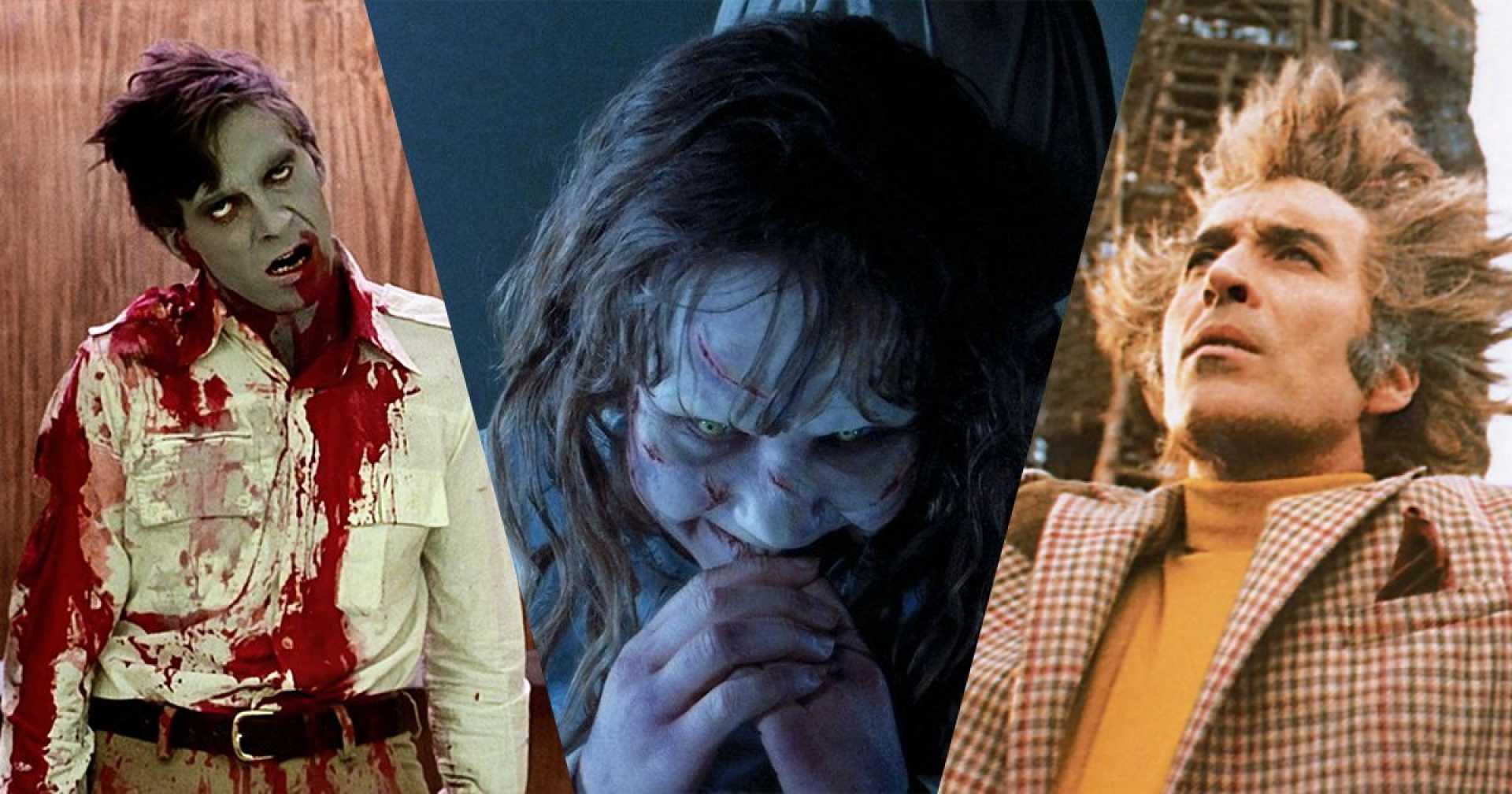Entertainment
The Evolution of Horror Films: A Look Back at the 1970s

LOS ANGELES, California — The 1970s marked a transformative period for the horror genre, as filmmakers pushed boundaries to create chilling tales that resonate to this day. Iconic titles like “The Exorcist,” “Dawn of the Dead,” and “The Texas Chainsaw Massacre” emerged, reflecting societal anxieties and a changing cultural landscape.
“The Exorcist,” a supernatural horror film about possession, became a landmark in cinema, even earning an Oscar nomination. Quentin Tarantino, known for his love of film, highlighted its impact, noting its departure from typical horror with a focus on psychological fear rather than gore.
Another classic, “The Texas Chainsaw Massacre,” followed a group of friends who fall prey to a family of cannibals led by the terrifying Leatherface. Released in 1974, it initially sparked controversy for its graphic content but is now celebrated as one of the scariest movies in history.
In 1975, “Jaws” redefined summer blockbusters and established a new standard for thrillers. Directed by Steven Spielberg, it tells the suspenseful story of fishermen hunting a lethal shark, drawing millions of viewers and transforming how audiences engaged with horror films.
The cultural context of the 1970s, characterized by political turmoil and shifting social norms, greatly influenced these films. Many audiences sought entertainment that aligned with their fears, turning to horror as a means of catharsis. This era’s films combined serious themes with terrifying visuals, making them unforgettable.
As horror continues to evolve today, the influence of 1970s cinema remains evident. Modern filmmakers often pay homage to these classics, crafting narratives that explore contemporary issues while capturing the essence of fear that defined the decade.
Today’s horror audiences face new complexities, and the genre continues to adapt. With films revisiting past themes through modern lenses, the spirit of 1970s horror lives on, inviting viewers to confront their darkest fears.












